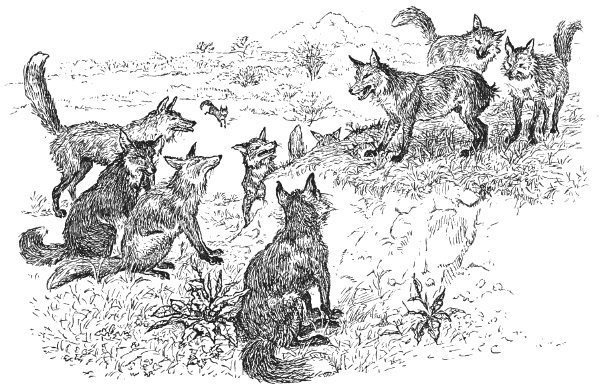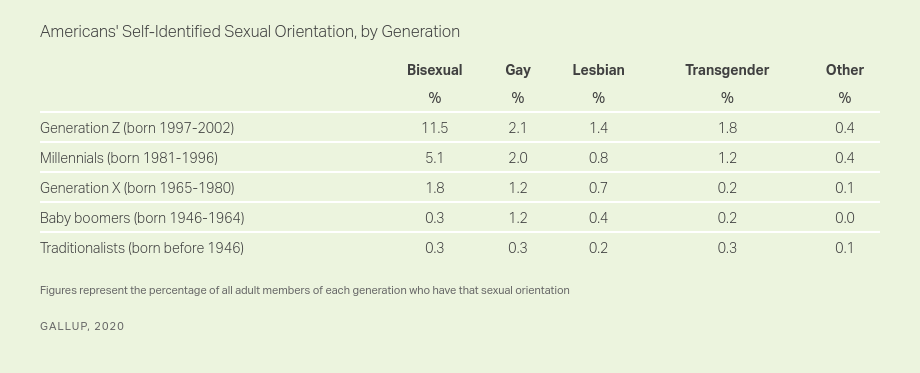
A recent exchange got me to thinking – always a bad idea, I know; but I can’t seem to help it.
I opened the bidding by saying mean things about that horrible old money-machine, the Southern Poverty Law Center, an adjunct of the Democratic Party which has always lined its own pockets by getting elderly but well-heeled liberals worried about the Ku Klux Klan. (It might usefully be noted that of the SPLC’s almost 1,000 listed “hate groups”, about a quarter are characterized as “black nationalist”. Nothing like even-handedness to rejoice the liberal heart!)
A friend promptly replied: Okay, which is worse, the SPLC or the Nazis?
Like many questions, this one carries with it a number of unstated and perhaps unexamined presuppositions: for example, the notion that “better” and “worse” have some meaning in a context like this – that one can assign the Nazis and the hate-patrol scammers each a scalar badness score and then compare them. (Which is worse, strychnine or cyanide?)
Then there’s the assumption that this score somehow matters – that it’s important to determine which is “worse”. Underlying this latter idea, I think, is the conviction that in some sense one must choose between them – that bad or good, they are on different “sides”, and that one side or the other must be taken. That’s why the determination of worseness must be made.
None of this really holds water. Say arguendo that the SPLC and its Democratic Party constituency are on one side, and oh, say, the Proud Boys on the other. Where is it written that one must embrace either of these unlovely social formations? Is one not in fact entirely at liberty to wish a plague on both insalubrious houses?
This exchange took place in the context of the current pillorying of Glenn Greenwald. Back when Greenwald was still practicing law, some years ago now, he undertook, on First Amendment grounds, the pro-bono defense of some unsavory groups attacked by the SPLC and other SLAPP suit entrepreneurs. Greenwald’s stance at the time was that lawfare, on the SPLC model, is an abuse of the courts – an attempt to do politics by lawsuit; bankrupt the enemy by making him fee lawyers. I don’t share his respect for the courts or the law, personally, but I think he’s right on the essence of the matter: politics belongs in the street, not in the courts, and the winner should not be the guy with the most lawyers.
The history here is that Greenwald recently got on the liberal shit-list by calling attention to the Biden family’s manifestly corrupt links to the Ukraine, and doing it right before the election. Clearly, they concluded, Greenwald has joined the Other Team. So his past pro-bono work was dredged up as evidence for his Trumpite or perhaps even Nazi sympathies. If he was wrong to do that work – and for the libs, it goes without saying that he was – then the SPLC was right, or at least “better than the Nazis”.
Now my friend, I say more in sorrow than anger, was a Biden supporter, and I suspect that his somewhat sophomoric trick question constituted an attempt to put me alongside Greenwald in the penalty box: a guy who clearly thinks that Nazis are “better” than the SPLC.
The more general moral of this story is perhaps that talk about who’s “better” and “worse”, which is the lesser evil and which the greater, is often manipulative; it seeks to box us into choices and determinations which we are in fact under no obligation to make, and which cloud our thinking more often than clarify it.
And it might be added that the trick-questioner is often coming from the Sitz im Leben of Aesop’s tailless fox; he has lost his own independence in the trap of team spirit, and would like to see the rest of us similarly docked.
Monthly Archives: March 2021
Bi bi, birdie
New Gallup poll making the rounds, all about who’s straight and who’s not, and how. Unsurprisingly, the percentage of people who are willing to cop to being non-straight, in any of the many-splendored ways one can be so, has inched up again, as it has been doing for quite some time; it now stands at 5.6% population-wide, which is a ludicrous under-estimate, of course; lotta people still unwilling to come clean, obviously. But we can all be glad that more and more people are willing; hard to see any downside to that.
The stats are broken down by “generation” – boomers, zoomers, all that arbitrary horseshit. If identities didn’t exist, we should have to invent them. But I guess it’s a rough proxy for age, so okay. The interesting finding is row Zoomer, column Bi: Up to 12% of the cohort population! For Millennials it was 5%, and Xers 2%. The other consequential columns – “Gay” and “Lesbian” – grow inversely with age, too; but not nearly so fast; It’s the good old Biplane that’s really taken off.
Now this is very good news for me, since as an orthodox God-fearing Freudian I tend to believe that everybody is really Bi at heart, though we may end up specializing and mostly do – a process which deserves better theory than it’s so far got.
But the really nice thing about it is that it’s the least like an “identity”. Which is why for a long time it was a distinctly suspect category. I well remember when many gay activists regarded “bi” people as confused weak sisters at best and fifth-columnists at worst, squishy irresolutes, neither hot nor cold but fit only to be ‘spued out’, as the distinguished Patmian put it. Aisle-crossers! And straight people, curiously, saw it in much the same way, but with the sign reversed – bisexuals were just gay people who couldn’t face or admit the fact.
The study, rather confusingly, lines up a “gender” category (“Trans”) next to the Big Three “orientation” categories (LGB). No doubt the reason for this muddle is that the accepted acronym contains a T. (If the initials were listed by abundance in the population, it would be BGLT – pronounced “boggle-it”, perhaps.)
This mashup of incommensurables has led to the spilling of much virtual ink trying to read the tea-leaf implications for the TERF Wars, but I don’t think the numbers tell us anything about that. In any case, the lede is that the Bi’s are sweeping the field – more than half of all “LGBT” people now.
Whether this is because more people actually are Bi, in an operational sense, or because people are escaping from the identity boxes inside their own heads, is impossible to say. I hope for the latter, myself, though as a friend to pleasure I also like the idea of more people having more kinds of fun.

